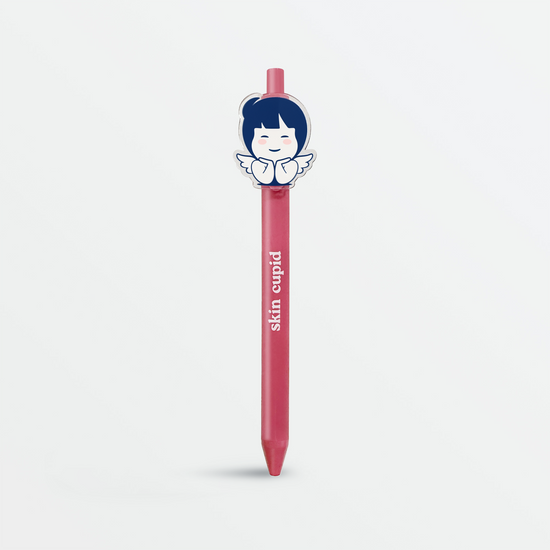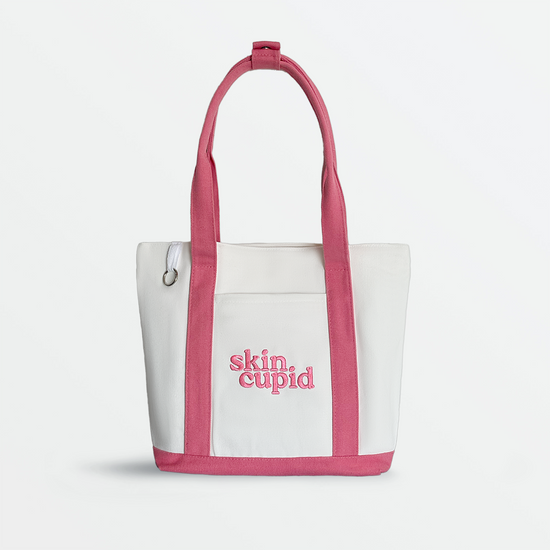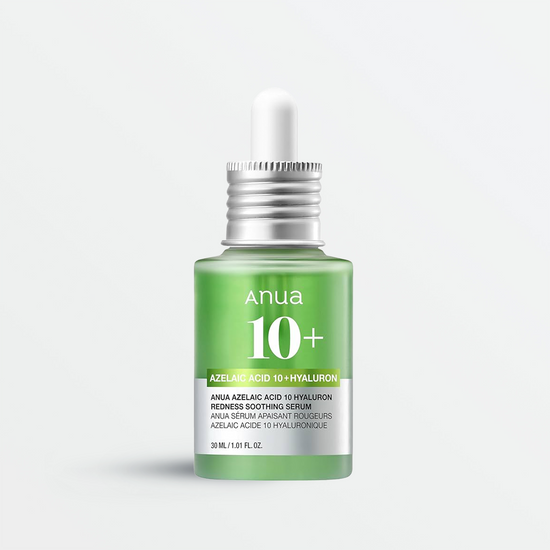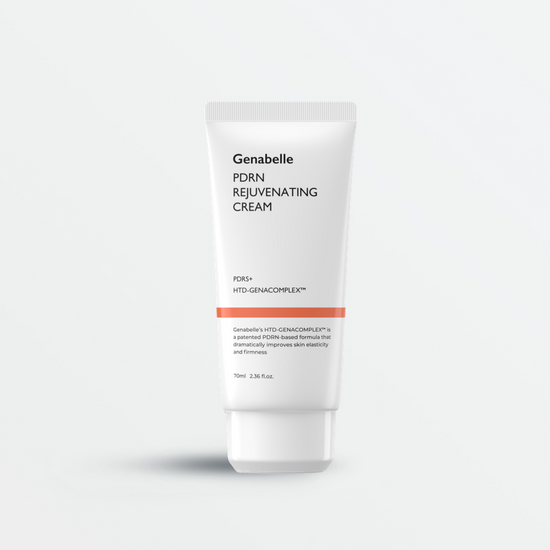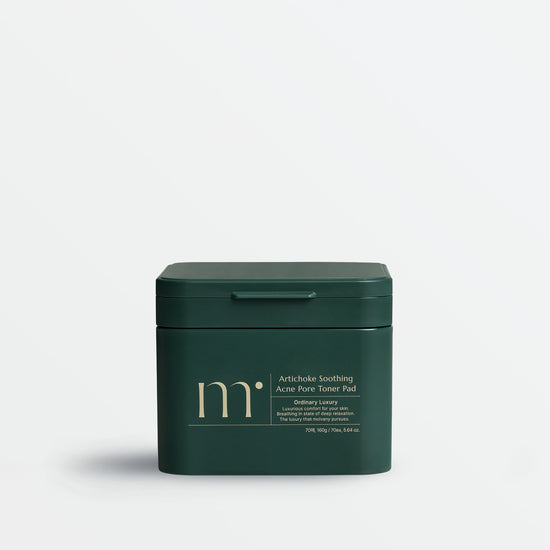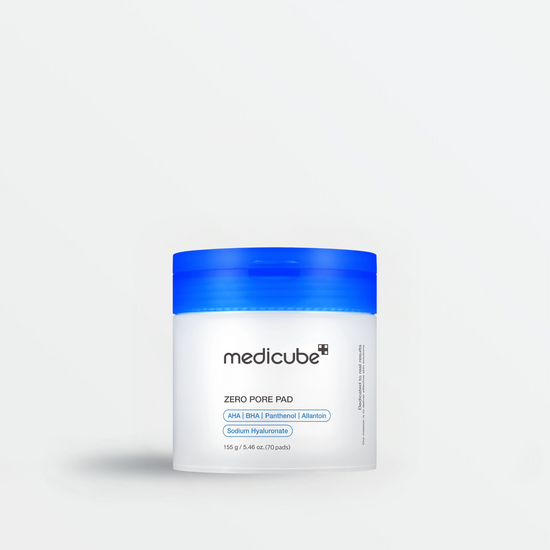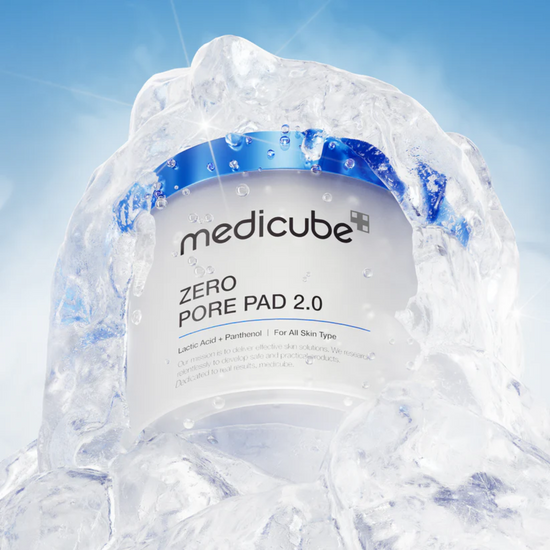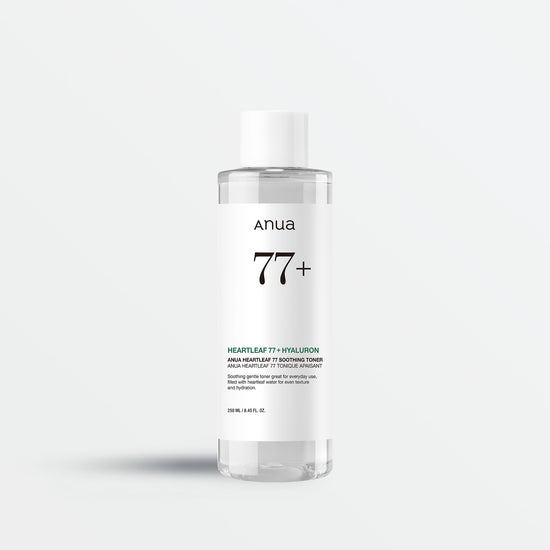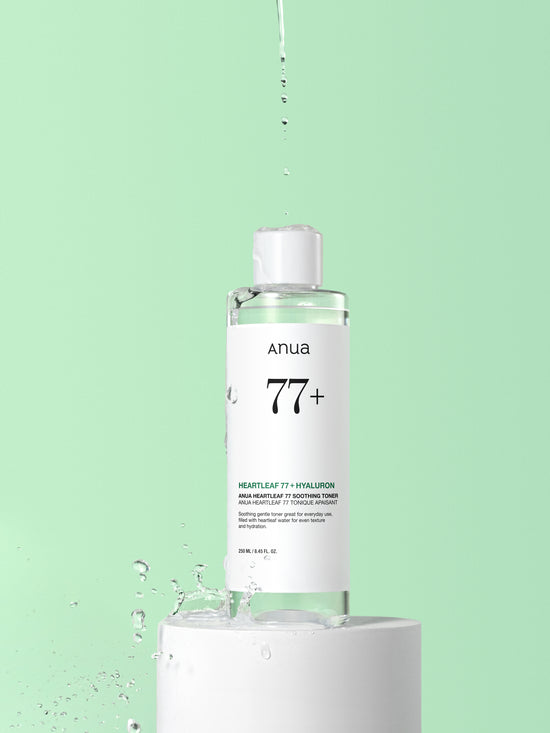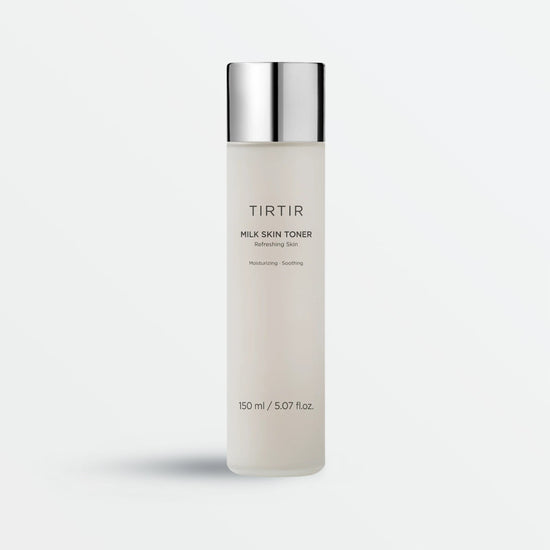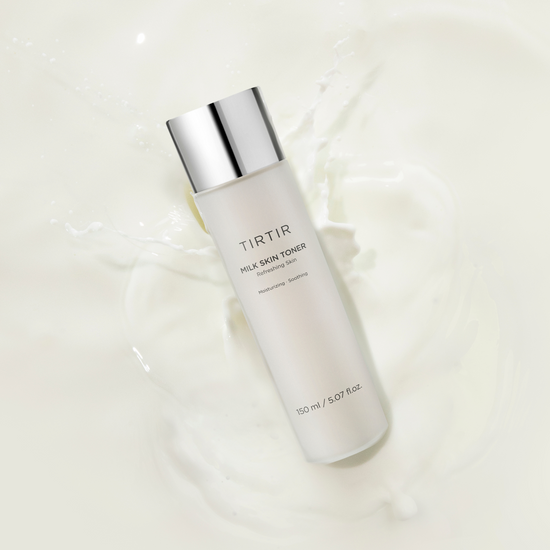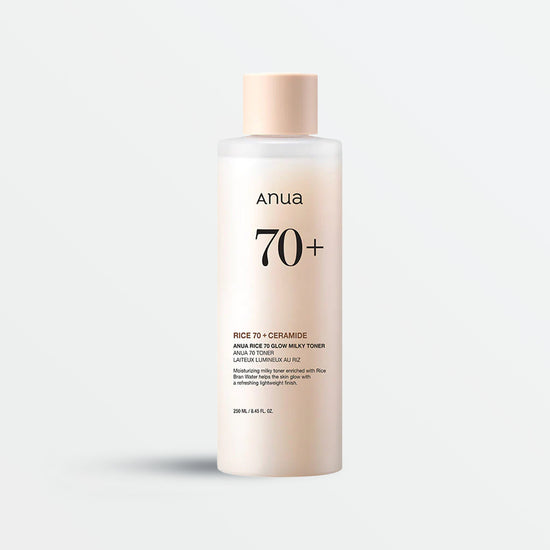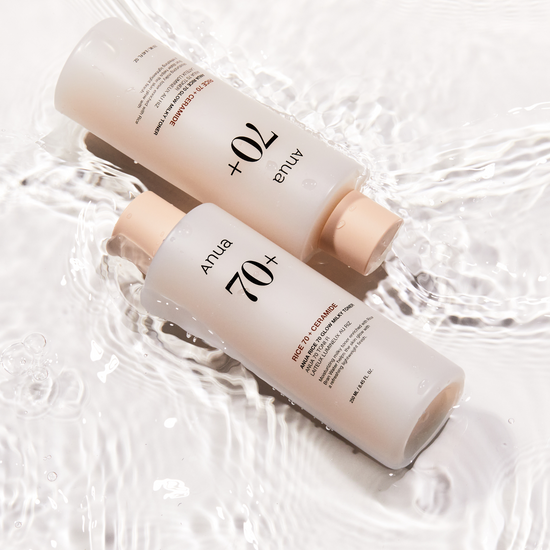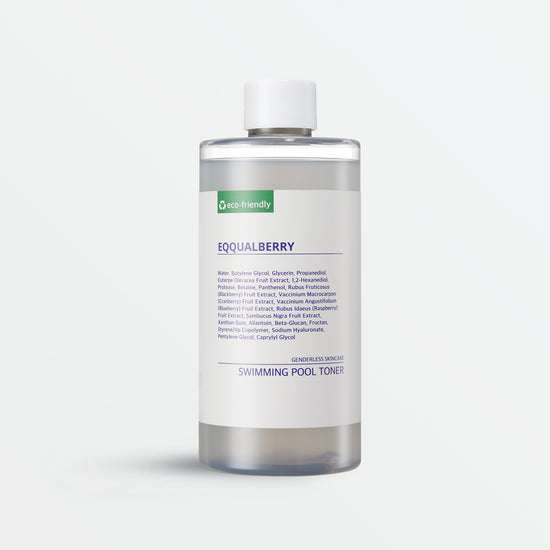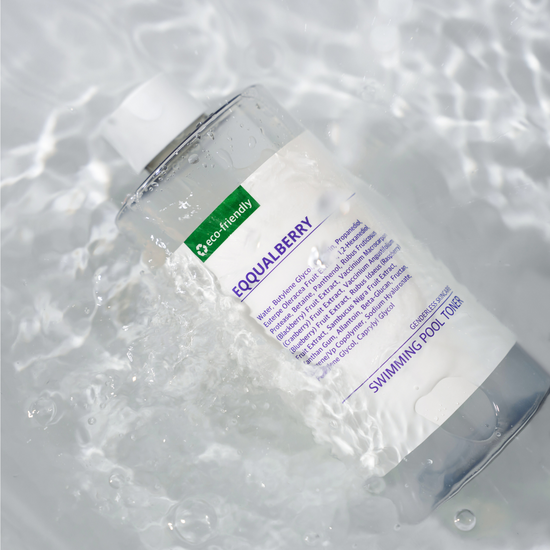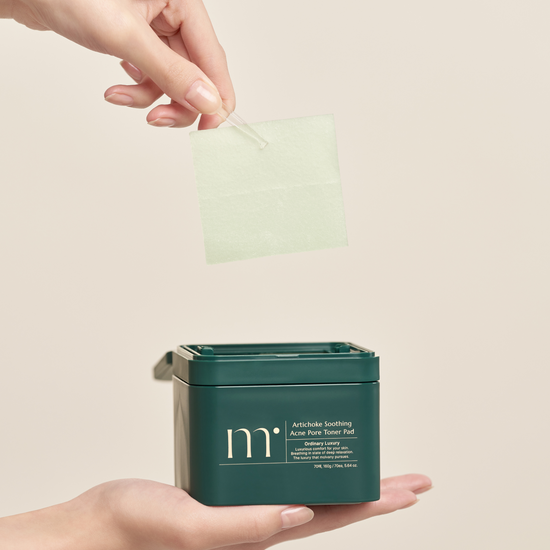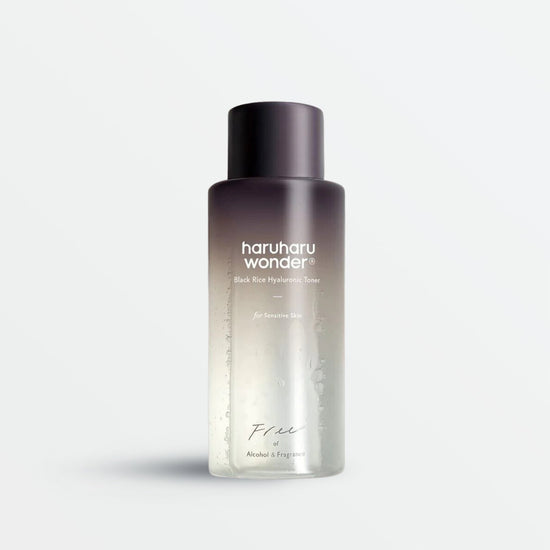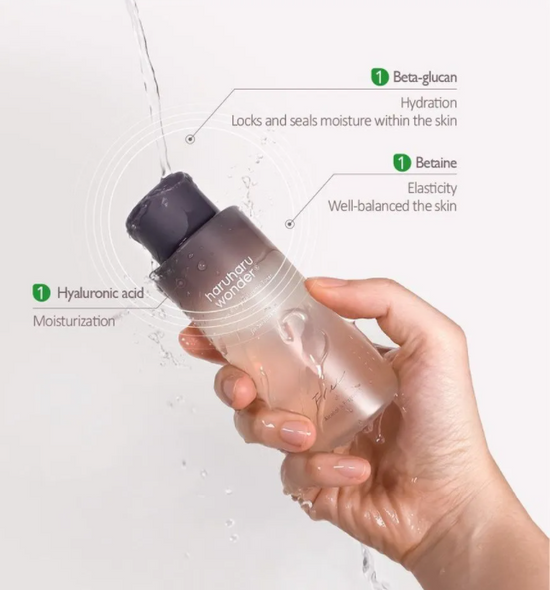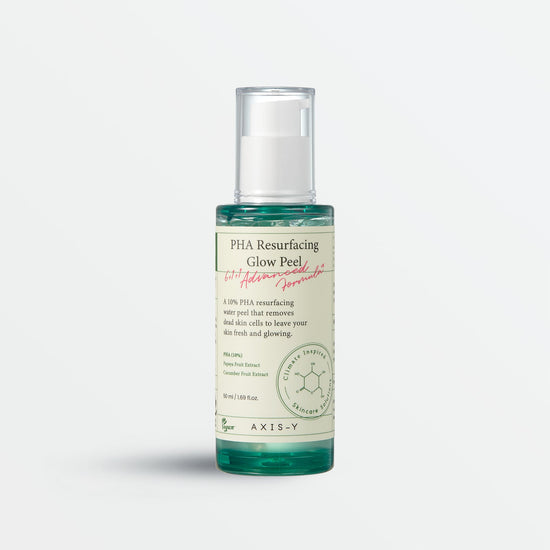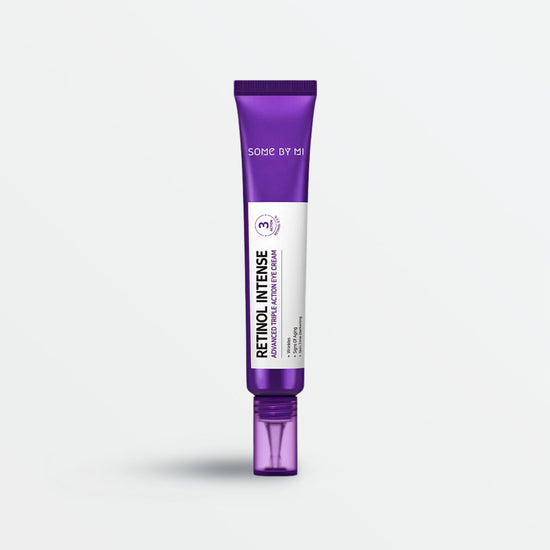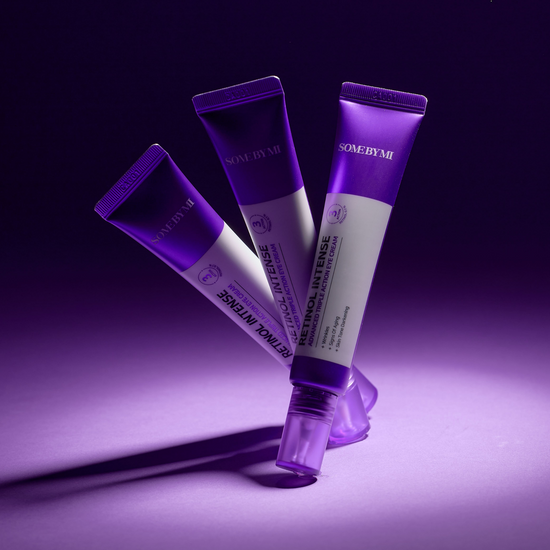Your bag is empty
Posted: 18 October 2022
4 Minute ReadAnti-ageing: What It Is and When to Start
Ageing is a completely natural process, and one that we’re entirely grateful for, but there’s no harm in wanting to maintain a youthful complexion that radiates beauty. Keep on reading to find out how you can naturally prevent the signs of ageing by slightly tweaking your current skincare routine. Spoiler alert: it’s super simple.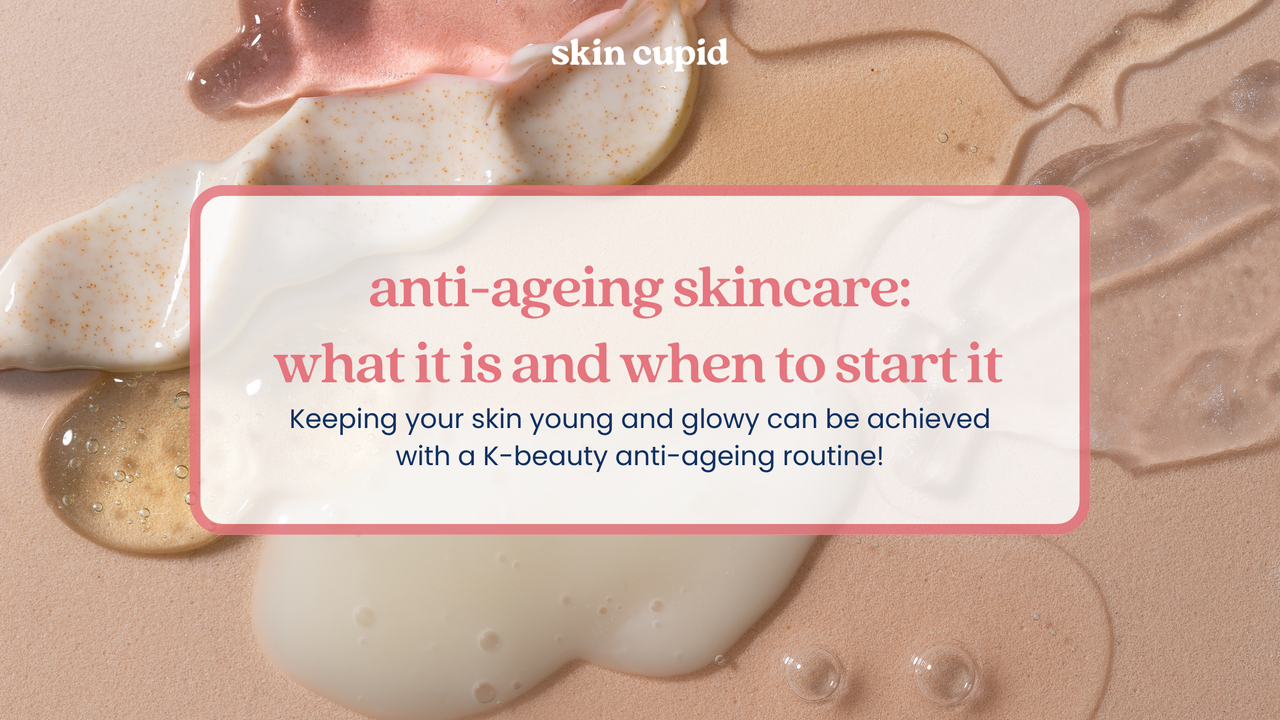
Anti-Ageing: What It Is and When to Start
Ageing is a completely natural process, and one that we’re entirely grateful for, but there’s no harm in wanting to maintain a youthful complexion that radiates beauty (equally, there’s no harm if you want to age gracefully either). But how exactly can we defy the hands of time? Keep on reading to find out how you can naturally prevent the signs of ageing by slightly tweaking your current skincare routine. Spoiler alert: it’s super simple.
What Is It?
Anti-ageing is exactly what it sounds like. It’s the process of delaying the inevitable signs of ageing such as fine lines, wrinkles, dark spots, and loss of volume for as long as possible. But it can also mean improving existing signs on mature skin or preventing premature ageing if you didn’t strike gold with your genes.
When Should I Start?
It’s recommended that we start the anti-ageing process in our 20s as it’s first and foremost about preventing the signs of ageing before they even begin. Basically, the sooner you start using anti-ageing skincare products, the better.
From your late 20s onwards, skin cell renewal and the skin’s natural production of collagen, elastin, and hyaluronic acid begin to decline, all of which help to keep ageing at bay.
Anti-Ageing Tips For Your Skincare Routine:
Tip 1: Exfoliate 2-3 Times A Week to Remove Dead Skin Cells and Encourage Cell Renewal
Skin cell renewal is the continuous process of removing dead skin cells and replacing them with newer, healthier skin cells. This typically happens every 28-42 days as an adult, but for adults aged 50 and above, it can take up to 84 days. To encourage skin cell renewal to happen faster, we advise exfoliating 2-3 times a week as part of your anti-ageing skincare routine.
Try: AXIS-Y PHA Resurfacing Glow Peel (50ml) - £19.00

Exfoliating, yet soothing, AXIS-Y PHA Resurfacing Glow Peel will enhance skin cell renewal, bringing brand-new skin cells to the surface whilst unclogging pores and removing excess sebum without being overly drying. The hefty 10% PHA chemical peel is formulated with 5 fruits and veggies to provide extra nourishment, reduce inflammations and acne scars, and brighten dark spots.
Tip 2: Don’t Neglect Eye Cream
The eye area is often the most forgotten about, yet it’s one of the first to show signs of ageing as the skin is around 10 times thinner than the rest of the face, making it more vulnerable to fine lines and wrinkles. So, a daily anti-ageing eye cream for your 20s is essential.
Try: SOME BY MI Retinol Intense Advanced Triple Action Eye Cream (30ml) - £19.95

It’s time to get serious with SOME BY MI Retinol Intense Advanced Triple Action Eye Cream. Including 2 types of retinols, niacinamide, and centella extract, this hard-working eye cream softens fine lines and wrinkles, speeds up collagen and elasticity production, and brightens, soothes, and repairs the skin. Delivering dramatic results, you’ll never forget to apply eye cream again.
Tip 3: Use A Long-Lasting Hydrating Face Cream
As we age, our skin becomes more prone to dryness as we have lower levels of hyaluronic acid, a naturally produced sugar molecule that can attract and retain up to 1,000 times its weight in water. Keeping the skin plump and full of moisture as part of your anti-ageing face care routine will make it harder for fine lines and wrinkles to set in.
Try: ETUDE HOUSE Moistfull Collagen Cream (75ml) - £22.90

With more than 12 hours of hydration, ETUDE HOUSE Moistfull Collagen Cream is perfect for your 20s and beyond as it provides long-lasting moisture and protection against the elements with vitamin E. It features a high concentration of hydrolyzed collagen (65.38% to be exact) to replace lost collagen in a gel-like formula that doesn’t leave a greasy film on the skin.
For dry skin, try ETUDE HOUSE Moistfull Collagen Deep Cream instead.
Tip 4: Add A Firming Serum
What’s a skincare routine for ageing skin without a firming serum? Serums are quick to absorb into the skin, reaching the cells responsible ASAP for faster results, which is ideal as we’re not exactly getting any younger here.
Try: NEOGEN Dermalogy Real Bakuchiol Firming Serum (30ml) - £34.00

Finally, a 10% bakuchiol serum that won’t break the bank. The plant-based alternative to retinol is gentle and non-irritating on the skin whilst still increasing collagen and skin cell turnover, smoothing out fine lines and wrinkles.
Tip 5: Prevent Free Radical Damage with Antioxidants
Free radicals are unstable atoms that are missing an electron and will steal it from another atom. When this happens, it causes damage to other cells and premature ageing. They’re also known to break down collagen in the skin, increasing the amount of collagen lost during the ageing process. Antioxidants in your anti-ageing regimen can help to neutralise free radicals by giving electrons of their own.
Try: HELLO SKIN JUMISO Chewy Elasticity Mask - £2.75

Anti-ageing has never been so easy with HELLO SKIN JUMISO Chewy Elasticity Mask. The antioxidant-rich face mask helps to stabilise free radicals whilst you put your feet up and relax. High-quality and potency plant extracts, ceramides, and essential oils will improve elasticity, firmness, and texture.
Tip 6: Trigger Collagen Production with Supplements
The best anti-ageing skincare routines start from the inside out. Collagen supplements trigger its production on a deep cellular level throughout the body, rather than just the area it is applied to topically. To maximise the effects, you want to be using a combo of oral and topical collagen.
The benefits of oral collagen go far beyond fighting the signs of ageing in the skin and can also increase bone strength, hair growth, and gut health, which all need additional help as we get older.
Try: BB LAB The Collagen Powder S (Halal) 30 Sticks - £22.00


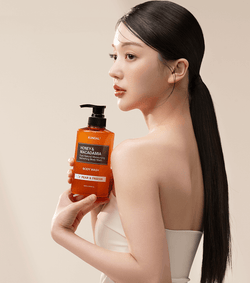
 Subscription box
Subscription box 